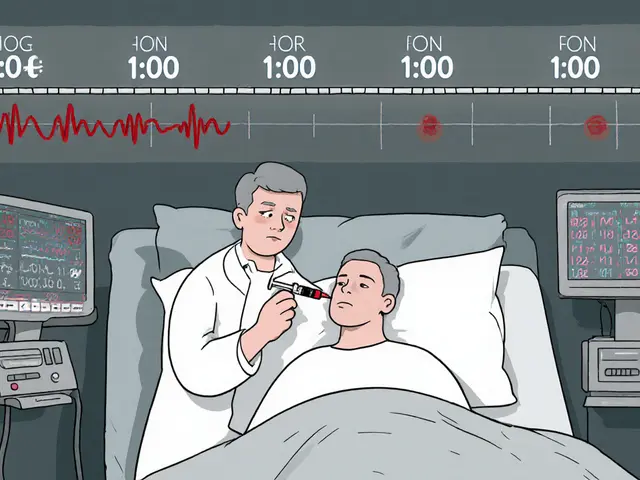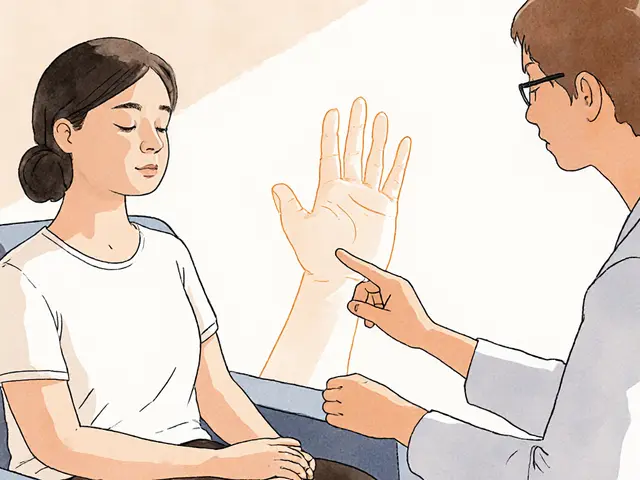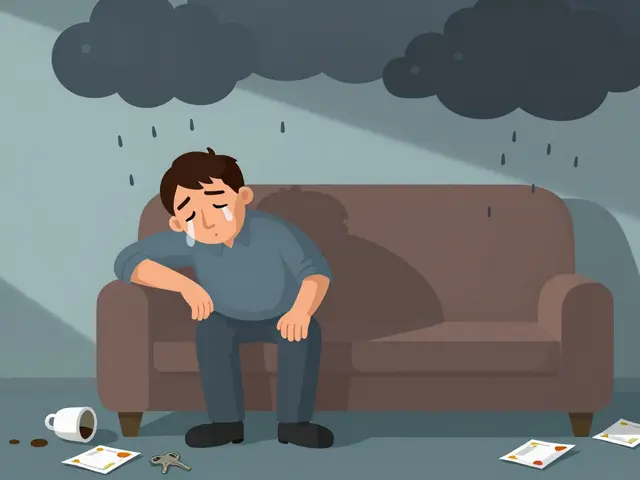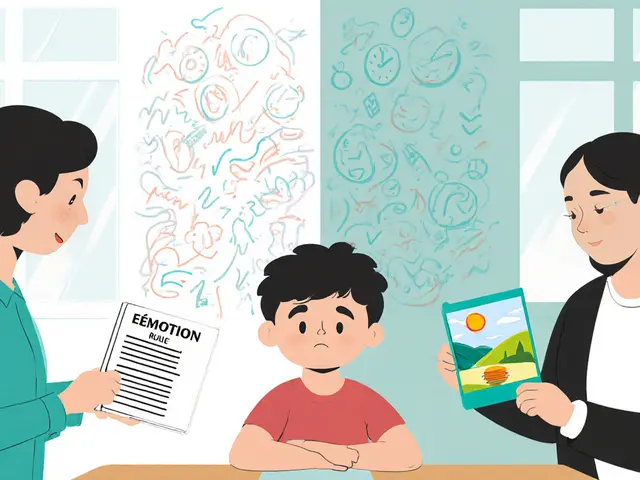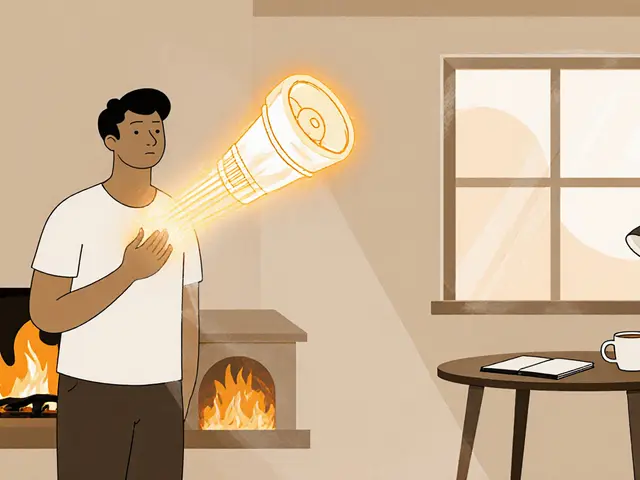GDPR terapie: Co musíte vědět o ochraně dat při psychoterapii
When you start therapy, you share things no one else knows — and GDPR terapie, právní rámec, který řídí, jak se vaše osobní údaje zpracovávají a uchovávají v psychoterapii. Also known as ochrana osobních údajů v zdravotnictví, it ensures your therapist can’t just store your notes on a sticky note or email them to a friend. This isn’t bureaucracy — it’s the foundation of safety in therapy. Without it, you wouldn’t be able to speak openly. And without trust, therapy doesn’t work.
Therapists aren’t just counselors — they’re data custodians. Under GDPR, every session note, voice recording, email, or even a simple text message about rescheduling counts as personal data. That means your therapist must store it securely, limit access to only those who need it, and delete it when you ask — or after legally required time. They can’t share your info with your employer, family, or even another therapist without your written consent. Even if you’re paying through health insurance, your diagnosis and therapy details are protected. The law doesn’t allow them to use your data for marketing, research, or training without explicit permission. This isn’t theoretical — it’s daily practice in every Czech therapy practice that follows the rules.
Many clients worry: "What if my therapist loses my data?" Or, "Can they be hacked?" That’s why serious therapists use encrypted systems, password-protected files, and locked cabinets — not Google Docs or WhatsApp. Some even use therapy-specific platforms designed for GDPR compliance. If your therapist uses a simple email or unsecured cloud storage, that’s a red flag. You have the right to ask: "How do you store my data?" and "What happens if there’s a breach?" A good therapist will explain this clearly, without jargon. They should also give you a privacy notice — a simple document that tells you exactly what they do with your information. If they don’t offer it, ask for it. You’re not being difficult — you’re protecting your right to safety.
GDPR terapie also covers your rights. You can request a copy of your notes. You can ask to correct mistakes. You can ask for everything to be deleted — even after therapy ends. There are exceptions, like legal obligations or serious safety risks, but those are rare. Most of the time, your data belongs to you. And if you’re not sure whether your therapist follows GDPR, check their website — they’re required to have a privacy policy. If it’s missing, vague, or written like a legal textbook, that’s a warning. You deserve clarity, not confusion.
What you’ll find in the articles below are real stories and practical guides about how therapy works when privacy matters. From how to recognize a compliant therapist, to what happens when data leaks, to why some online sessions are riskier than others — this collection gives you the tools to protect yourself. You’re not just looking for help. You’re looking for safe help. And GDPR is the shield that makes that possible.
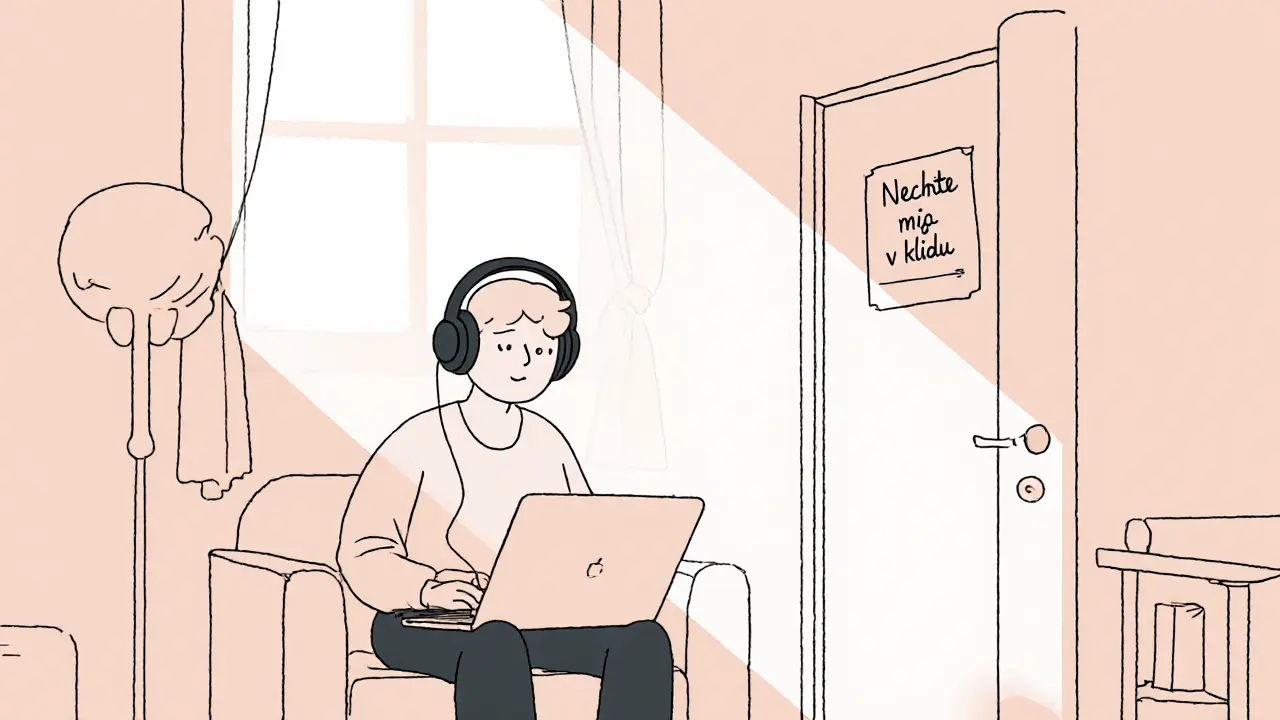
Jak zajistit soukromí při online terapii: Praktické tipy pro bezpečí
- Od : Molly Mortimer
- Datum : zář 14 2025
Zjistěte, jak zajistit soukromí při online terapii pomocí bezpečných platform, vhodného prostředí a technických opatření. Praktické tipy pro klienty i terapeuty podle GDPR a aktuálních studií z ČR.
